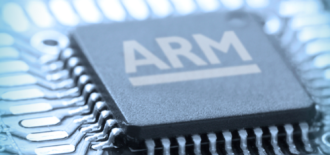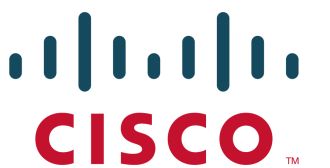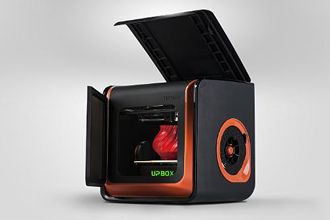 Hewlett Packard said it has launched a line of open network switches for the data centre that gives service providers and Web scale organisations more flexibility for coping with cloud, mobile, social media and big data workloads.
Hewlett Packard said it has launched a line of open network switches for the data centre that gives service providers and Web scale organisations more flexibility for coping with cloud, mobile, social media and big data workloads.
The network switches include options such as choice of hardware and software and branded switches giving access to worldwide local support and services through HP Technology Services.
HP said the products are amongst the first in the category of branded white box switches.
The network switches will be sold to Web scale data centre customers through its partners Acton and Cumulus.
HP’s deal with Cumulus means it will provide Linux OS to cloud based data centres using tools and management from open source and commercial Linux communities.
The first in HP’s line with be two open network switches supporting 10G/40G spine and 10G leaf data centre deployments. The switches come with Cumulus Linux OS.
In the second half of this year, HP will expand the line, hardware and OS software options.



















